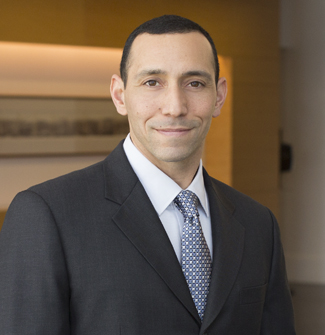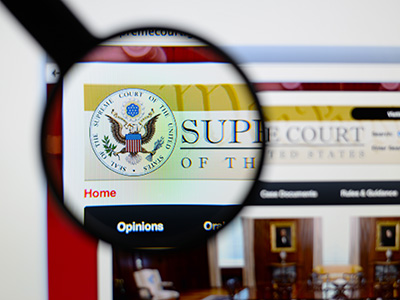As social media becomes an important part of many companies’ sales and branding strategies, issues relating to companies’ ability to protect their investments in such strategies are emerging. Indeed, this blog has previously covered whether LinkedIn contacts can qualify as trade secrets (answer: maybe). Another such issue, recently addressed in a district court in Idaho, is whether and to what extent a nonsolicitation agreement can restrict a former employee’s Facebook interactions with the former employer’s customers. READ MORE
Don’t Friend My Friends: Nonsolicitation Agreements Should Account for Social Media Strategies






